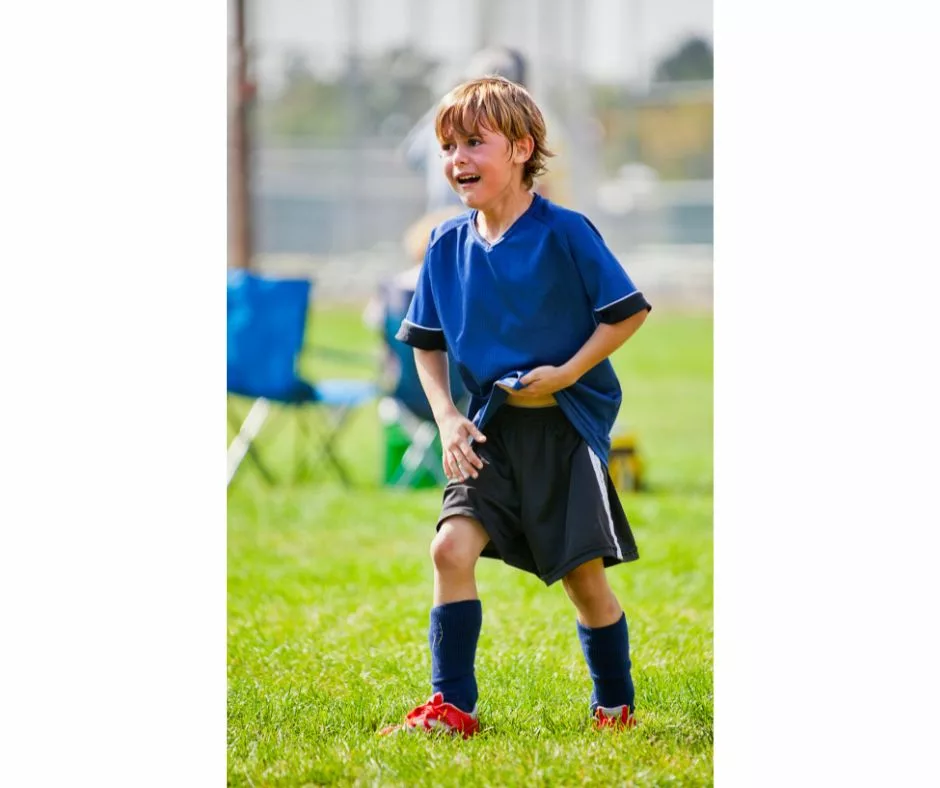As parents of young athletes, we all want to see our children succeed, thrive, and enjoy their sports experiences. Positive feedback in sports plays a crucial role in motivating and encouraging your child’s progress. This essential tool not only boosts their confidence but also fosters a love for the game, helping them develop resilience and a positive mindset.
In this post, we will explore how positive reinforcement through a good communication can make a significant difference in your child’s athletic journey. We will discuss the impact of constructive praise, the importance of celebrating small victories, and practical tips on how to effectively use positive feedback to nurture your young athlete’s growth and enthusiasm.
Let’s discover concrete examples of positive feedback
- Celebrate effort, not just results: Praise your child for their effort and hard work, regardless of the outcome. For example, “I noticed how much effort you put into that game, and I’m really proud of you.”
- Highlight improvement: Focus on their progress over time. For instance, “You’ve improved so much in your passing skills since the start of the season. Keep up the great work!”
- Encourage a positive mindset: Use positive language to frame challenges as opportunities. Say, “I love how you stayed positive even when the game was tough. That attitude will take you far.”
- Specific praise: Be specific about what they did well. Instead of saying, “Good job,” try, “I was really impressed with how you communicated with your teammates today.”
What are the tips to give great feedback?
- Be Genuine and sincere: Children can tell when praise is genuine. Make sure your feedback is honest and heartfelt;
- Balance feedback: While positive feedback is crucial, balance it with constructive criticism to help them grow. Ensure the criticism is also framed positively;
- Create a supportive environment: Foster an environment where effort and improvement are valued as much as winning.
By learning specific and sincere positive feedback with concrete examples in sports, you not only acknowledge your child’s progress but also encourage them to reflect on their performance and set goals for improvement. This fosters a supportive environment where your child feels valued, motivated, and empowered to continue striving for success in sports.

